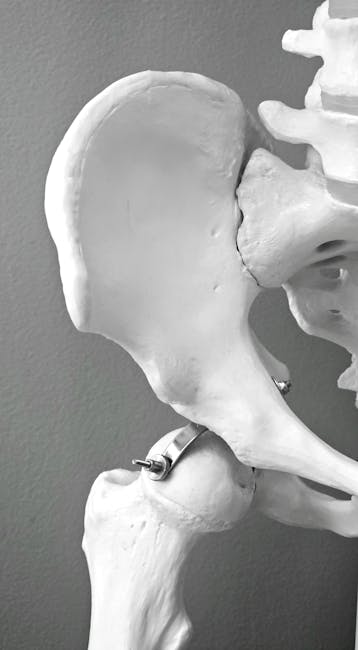Scientists Develop Biological ‘Artificial Intelligence’ System: Implications for Medicine and Beyond
Scientists at the California Institute of Technology (Caltech) announced a significant breakthrough in 2025, creating a biological “artificial intelligence” system. This system, detailed in a study published in *Nature Biotechnology*, utilizes engineered cells to perform complex computational tasks, potentially revolutionizing fields from medicine to materials science. The development represents a departure from traditional silicon-based AI, offering advantages in energy efficiency and biocompatibility.
Biological AI: A New Paradigm
The Caltech team’s achievement marks a pivotal moment in AI development. Instead of relying on silicon chips and massive energy consumption, this new system leverages the inherent computational power of living cells. The researchers genetically engineered *E. coli* bacteria to process information and make decisions based on environmental stimuli, mimicking aspects of neural networks. This biological approach opens up new possibilities for AI applications in areas previously inaccessible to conventional technologies.
Functional Capabilities
The biological AI system demonstrates several key capabilities, exceeding expectations in initial trials. It can detect and respond to specific chemical signals, process complex patterns, and even adapt its responses over time. These capabilities are achieved through intricate genetic circuits that allow the bacteria to perform logical operations and make decisions based on the data they receive from their environment. Further research aims to enhance the system’s complexity and adaptability.
Medical Applications: Diagnostics and Treatment
The implications for medicine are particularly profound. This biological AI could revolutionize diagnostics, providing rapid, accurate, and point-of-care disease detection. Imagine a simple blood test that utilizes this system to identify cancerous cells or infectious agents with unmatched speed and precision. Furthermore, its biocompatibility makes it ideal for targeted drug delivery and personalized medicine, potentially leading to more effective and less invasive treatments.
Personalized Medicine Advancements
The system’s adaptability allows it to tailor its response to individual patients. This personalized approach could dramatically improve treatment outcomes, particularly for complex diseases such as cancer or autoimmune disorders. Early trials have shown promising results in targeting specific tumor cells without harming healthy tissues. This technology could replace invasive procedures or reduce reliance on harsh chemotherapy regimens.
Ethical Considerations and Societal Impact
The creation of biological AI raises complex ethical questions. Concerns exist about potential misuse, unintended consequences, and the need for robust regulatory frameworks to ensure responsible development and deployment. The potential for self-replication or unintended environmental interactions necessitates careful consideration and ongoing monitoring. International collaborations will be crucial in addressing these challenges proactively.
Regulatory Frameworks and International Collaboration
Governments and international organizations are grappling with the ethical dilemmas posed by biological AI. A key concern is the need to establish transparent and effective regulatory frameworks that balance innovation with safety and ethical considerations. International cooperation will be vital in setting global standards and preventing misuse of this potentially transformative technology.
Technological Challenges and Future Directions
Despite its significant promise, several technological hurdles remain. Scaling up the system for widespread applications presents a substantial challenge. The current iteration is still relatively simple in its computational capacity. Further research is needed to enhance its scalability and expand its functional capabilities. Improving its robustness and reliability is also crucial for practical applications.
Scaling and Enhancement of Capabilities
Significant investment is needed in research and development to address the technological challenges. Focus areas include enhancing the system’s computational power, increasing its resilience to environmental factors, and developing efficient methods for large-scale production. Overcoming these challenges will pave the way for broader adoption of biological AI across various sectors.
Economic and Industrial Impacts
The potential economic impact of biological AI is enormous. Its applications in medicine, materials science, and environmental monitoring could generate billions of dollars in revenue and create new high-skilled jobs. The development of this technology could trigger a wave of innovation across various industries, leading to new products and services. Investment in research and development is crucial for reaping the economic benefits of this transformative technology.
Economic Growth and Job Creation
- Increased investment in biotechnology and AI research.
- The creation of new industries and high-paying jobs.
- Significant economic growth spurred by innovation and improved healthcare.
- Enhanced efficiency and productivity across various sectors.
Conclusion: The development of biological AI represents a paradigm shift in the field of artificial intelligence. While significant challenges remain, the potential benefits for medicine, industry, and society are undeniable. Addressing ethical concerns and fostering international collaboration are critical for realizing the full potential of this transformative technology while mitigating potential risks. Continued research and development will be crucial in shaping the future of biological AI and its profound impact on the world.

